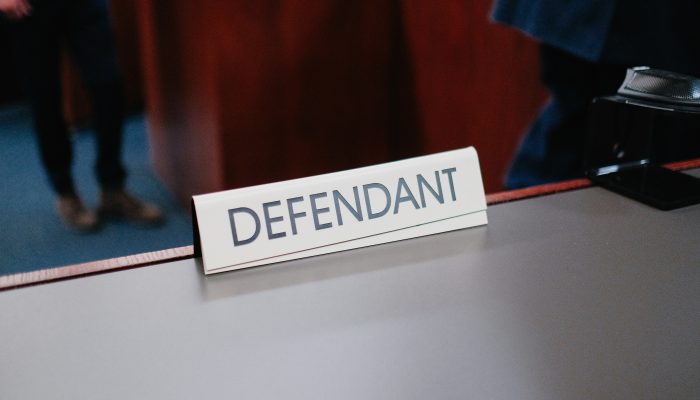South Dakota now has a single set of laws for how professional and occupational license applications are to be handled.
South Dakota licensing boards previously had broad discretion and could deny applicants for any felony conviction. That’s no longer the case.
Now state boards must decide whether a felony conviction “directly relates” to the profession or occupation. Applicants also now have due-process rights and they can ask for a pre-emptive review of criminal history.
Governor Kristi Noem called for the changes during her State of the State address opening the 2024 session of the Legislature. She wants people to get a second chance.
“This bill creates a set of standards to consider criminal histories and any possible rehabilitation by applicants and licensees. We need more plumbers, more electricians, more welders, and an unrelated criminal past shouldn’t stop qualified applicants from filling these roles,” Noem said.
Many states throughout the nation already have similar laws, including neighboring Iowa, Minnesota, North Dakota and Wyoming. Like them, South Dakota’s labor force is tight in many fields.
During a House committee hearing, the executive director for the South Dakota Electrical Commission pointed out a Catch-22 under the old system. Pam Overweg said inmates at the Mike Durfee state prison in Springfield receive restricted licenses as electricians but would be rejected if they applied for an electrician license after they left prison.
Debra Owen, representing the South Dakota Chamber of Commerce and Industry, testified for the legislation during that committee hearing. But Paul Knecht from the South Dakota Dental Association then spoke against it, warning that the actions of a few people could cast dispersion on the profession.
“I feel like this bill really opens the door for some of those folks to come in,” he said.
The legislation squeaked through the Senate with no ayes to spare, passing 18-15. The House of Representatives gave a much broader endorsement 62-3.
You can read the full article at Keloland.

